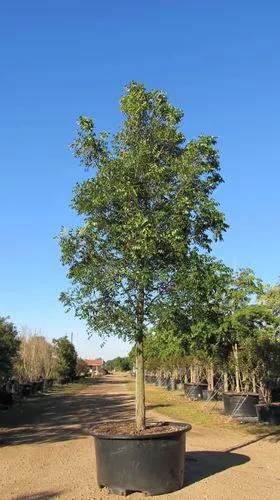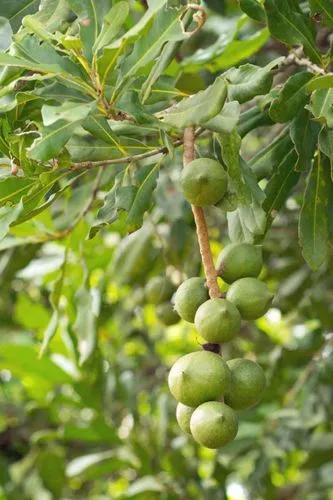Chrysophyllum cainito is a tropical tree of the family Sapotaceae. It is native to the Greater Antilles and the West Indies and known as Agbalumo in West Africa (Nigeria). It has spread to the lowlands of Central America and is now grown throughout the tropics, including Southeast Asia. It grows rapidly and reaches 20 meters in height.
Star Apple Care
Chrysophyllum Cainito



The fruit has numerous names. It is called variously tar apple, star apple, purple star apple, golden leaf tree, abiaba, pomme de lait, estrella, milk fruit and aguay. The leaves are evergreen, alternate, simple oval, entire, 5–15 cm long; the underside shines with a golden color when seen from a distance. The tiny flowers are purplish white and have a sweet fragrant smell. The tree is also hermaphroditic (self-fertile). It produces a strong odor. Fruits, usually purple, are also available in green or red The fruit is globose and typically measures from 2 to 3 inches in diameter.When ripe, it usually has purple skin with a faint green area appearing around the calyx. A radiating star pattern is visible in the pulp. Greenish-white and yellow-fruited cultivars are sometimes available. The skin is rich in latex, and both it and the rind are not edible. The flattened seeds are light brown and hard. It is a seasonal fruit bearing tree. The fruits are used as a fresh dessert fruit; it is sweet and often served chilled. Infusions of the leaves have been used against diabetes and articular rheumatism. The fruit has antioxidant properties. The bark is considered a tonic and stimulant, and a bark decoction is used as an antitussive. The fruit also exists in three colors, dark purple, greenish brown and yellow. The purple fruit has a denser skin and texture while the greenish brown fruit has a thin skin and a more liquid pulp; the yellow variety is less common and difficult to find.
How to Care for the Plant

Popularity

219 people already have this plant 22 people have added this plant to their wishlists
Discover more plants with the list below
Popular articles






